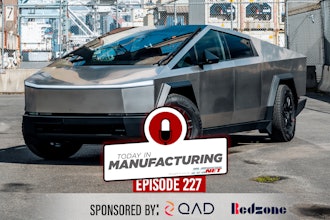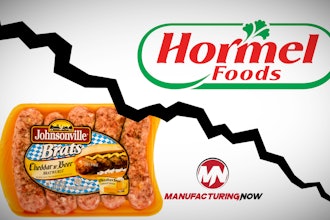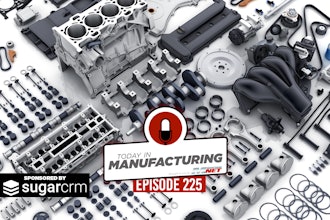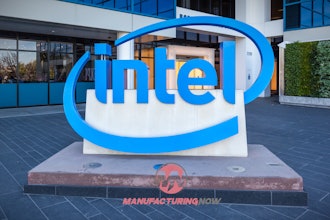Massive stockpiles of radioactive waste is not a great problem to have. So, the idea of getting rid of a bunch of it while putting it to novel use must sound attractive. But one state’s plans to use radioactive waste in road construction is drawing serious concerns.
According to NPR, Florida lawmakers have proposed a bill that would allow the state to use phosphogypsum, an industrial byproduct from the fertilizer industry, as a material for building roads. Industrial byproducts have been used before for creating pavement aggregates before but certain properties in phosphogypsum are setting off alarms.
As the report points out, when phosphate is dissolved to create phosphoric acid for fertilizer, the process leaves behind tons of phosphogypsum. That means Florida, which produces a lot of the phosphorus for fertilizer, gets stuck with even more phosphogypsum, which gets stored throughout the state.
Taking some of that out of Florida’s “gypstacks” and putting it into roads would put the waste to good use. But opponents of the plan also worry that it could put road crews at risk of excessive exposure to radioactivity and jeopardize water quality. The EPA said phosphogypsum contains radium, which over time decays to form radon, a radioactive gas that causes cancer.
The Fertilizer Institute refutes those concerns, stating that road work using phosphogypsum can be done safely without unacceptable exposure to radioactivity.
For now, Florida’s transportation agency has about one year to put together a study on using the material in roads, according to the timeline laid out in the bill. Under federal law, phosphogypsum is not allowed for use in road construction but the EPA could review Florida’s plans if the state files for approval.






















